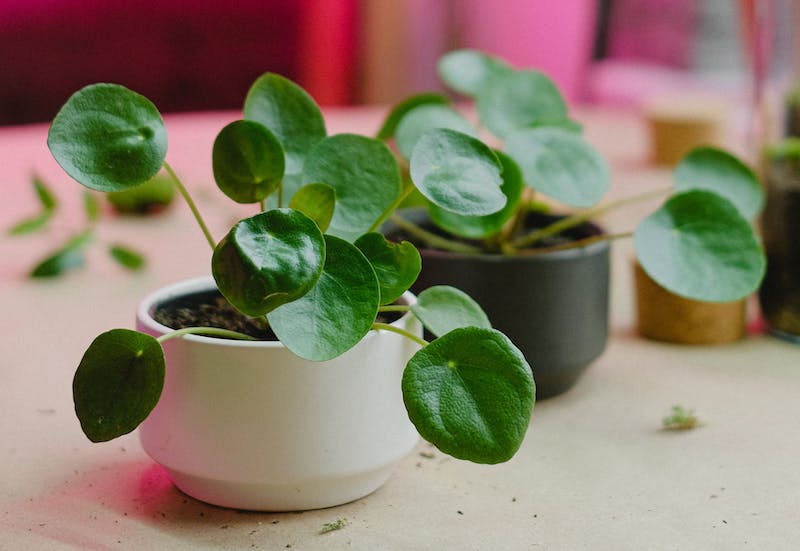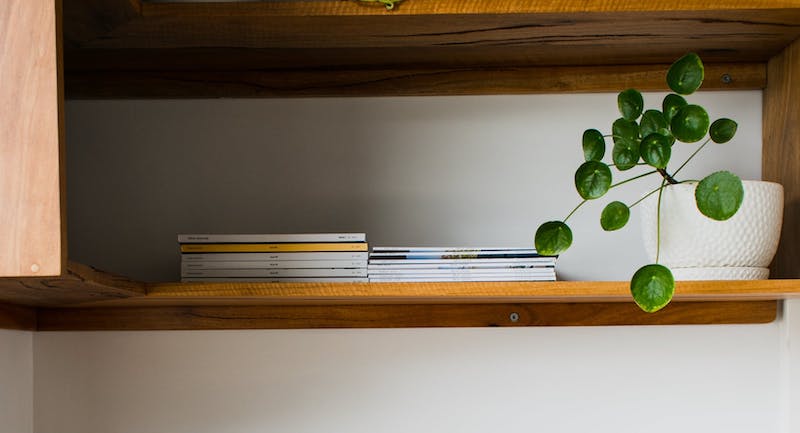The conditions in a home, like sunlight and humidity, are often considered when bringing home a houseplant. Still, it's also worth considering the safety of the plant, especially if you have young children and pets. Most Pilea plants are non-toxic, including Pilea peperomioides, P. spruceana, P. cadierei, and P. nummularifolia, making them safe to have around children and pets like cats and dogs. The leaves and stems are safe, so there is no need to worry if little ones or furry companions touch the plant. While pileas are safe, they are not a food source and have no medicinal or culinary uses.

Is Pilea Poisonous to Children?
Pilea plants are safe to have around children. The unique foliage likely encourages interest, which is fine because the entire plant is non-toxic. It is best to teach little ones to leave plants alone, but rest easy knowing young kids are safe if they touch or eat any part of a pilea plant.
Is Pilea Poisonous to Dogs?
Pilea plants are not poisonous to dogs. Don’t worry if your K9 companion eats the leaves or stems. Pilea plants are non-toxic and will not cause any health issues if ingested by a puppy or adult dog.
Is Pilea Poisonous to Cats?
A curious cat may be interested in the whimsical foliage of the pilea plant, but this leafy houseplant is safe to have in a home with cats. The foliage and stems are safe to touch and will not cause illness or health concerns if eaten by a kitten or adult cat.
Is Pilea Poisonous to Other Animals?
Pilea plants are not known to be poisonous to any animals. The unique foliage may entice a curious pet, but the entire plant is non-toxic and safe to touch.
Symptoms Of Pilea Poisoning
Pilea plants are non-toxic if eaten and do not cause rashes or skin irritation if touched. Eating too much of anything may cause an upset stomach, so be mindful of children or pets if they have eaten a pilea plant. Always check with your doctor or veterinarian for guidance if you suspect pilea poisoning.
Here are some common symptoms to look out for:
-
Upset stomach from overeating
Preventing Pilea Poisoning
Pilea plants are not poisonous, so it is not typically necessary to take steps to protect the plant from children and pets. However, an inquisitive little one or pet may be drawn to the unique foliage. Keep a pilea out of reach by placing it on a shelf or in a hanger to keep it away from curious kids and pets.

Pet Poison Helpline
If something were to happen to your furry friend, and you suspect that they are suffering from pilea poisoning, there is a poison control hotline to call for 24/7 vet advice. It is called the Pet Poison Hotline, and their phone number is (855) 764-7661.
Sources:
"Houseplants: Safe and Toxic Varieties." UConn Home & Garden Education Center. homegarden.cahnr.uconn.edu
"Toxicity of Common Houseplants." Nebraska Extension in Lancaster County. lancaster.unl.edu
 |
Author Alison Cotsonas - Published 11-16-2023 |
